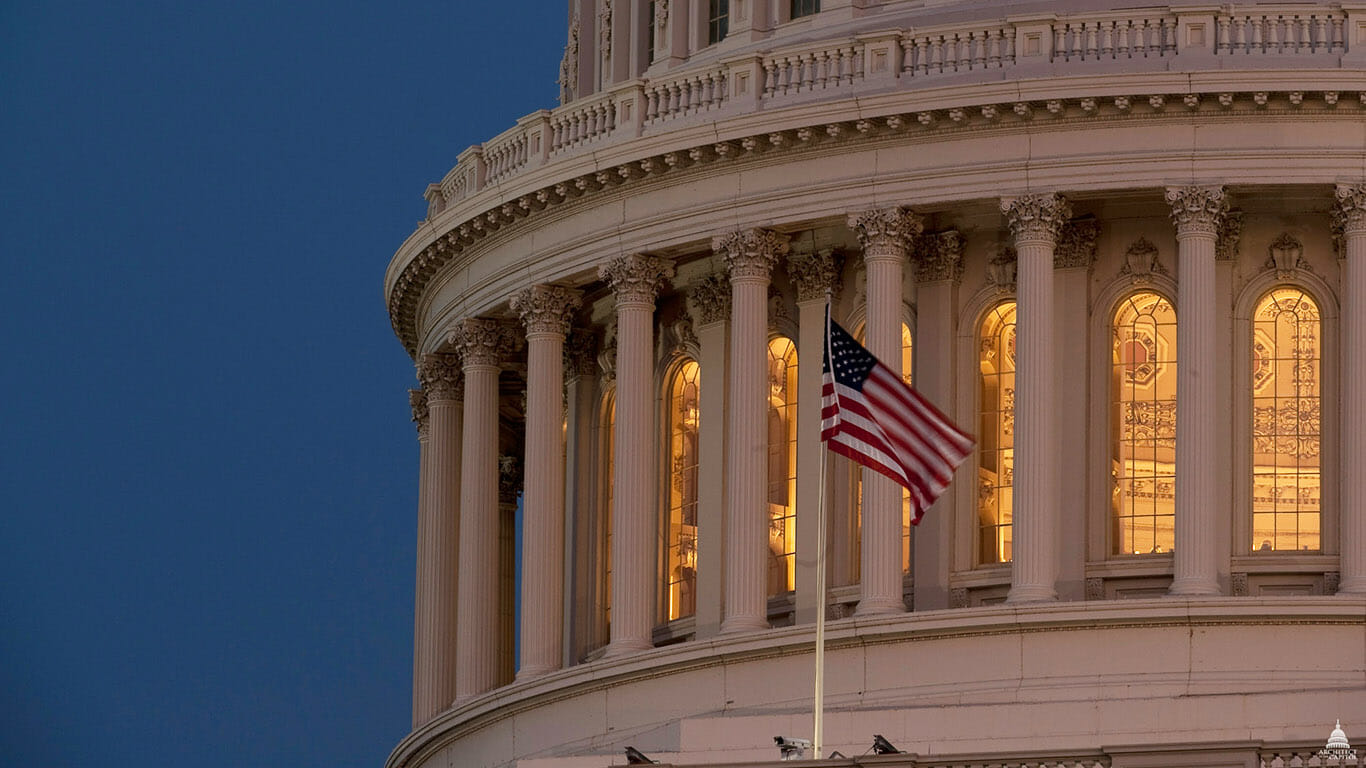If Congress cannot head off a government shutdown before Sunday, it would mean the loss of a paycheck for close to 50,000 federal workers and active-duty military in Arizona – and they’re not the only ones to feel the pinch.
Government contractors would stop getting paid, small businesses could lose sales as nervous consumers cut spending and anyone who needs a government service, from processing a passport application to visiting a national park, would feel the shutdown firsthand.
LEARN MORE: State of Arizona housing: Here’s a look at the numbers
“This is about government, our budget. It’s what we pay taxes for,” said Arizona Chamber of Commerce President and CEO Danny Seiden. “Our state depends on the federal government to do just this, just this one thing, which is keep the government open.”
But with just two days until the start of the next fiscal year, that appears to be unlikely.
None of the 12 appropriations bills that would fund the government in fiscal 2024, which begins Sunday, have passed and a short-term proposal to keep the lights on at fiscal 2023 levels is stalled in the House, where conservative Republicans are pushing for deep budget cuts.
Without a budget to fund operations, the government has to shut down.
“It’s very politically unpopular to have a government shutdown, very costly to our government,” said Danny Court, senior economist for Scottsdale-based Elliott D. Pollack & Co.
According to the Congressional Research Service, more than 2 million civilian workers would stop being paid Sunday in a government shutdown, 32,510 of whom are in Arizona. The state is also home to 17,400 active-duty military who would be affected, according to the White House.
Essential federal workers – like soldiers, Border Patrol agents and air-traffic controllers – will still have to show up for work, even though they will not get paid.
“Those people … will be basically forced volunteers at that point,” Court said of the essential workers.
Some government services that are not subject to annual appropriations will continue. The post office will be open and Social Security and Medicare payments will be sent. Agencies like the Transportation Security Administration may run at reduced levels and some programs will be able to continue for a while before they run out of funding, like the Supplemental Nutrition Assistance Program, or food stamps.
While national parks will close, Gov. Katie Hobbs has pledged to use state funds to keep the Grand Canyon open, because of the park’s importance to the state’s tourism industry. But other small businesses are likely to suffer as a result of the “ripple effect” in the economy from federal workers not being paid, Court said.
“All of those employees that aren’t receiving pay, will probably be delaying purchases,” Court said.
That was echoed by Mike Huckins, vice president of public affairs for the Greater Phoenix Chamber, who stressed how much the reduction in consumer spending can affect the state’s economy.
“We want them out there spending their paycheck,” Huckins said of federal workers. “Definitely trepidatious times, you know with the deadline looming.”
Tom Sullivan, vice president of small business policy for the U.S. Chamber of Commerce, said a worker who is trying to stretch that last paycheck is less likely to go to the dry cleaners or visit a florist if they don’t have to. And companies doing business directly with the government could lose sales entirely.
Sullivan said that the last government shutdown, from December 2018 to early 2019, affected an estimated 41,000 small businesses in Arizona, putting an estimated $24 million in contract business at risk during the five-week shutdown – the longest on record.
“Putting that amount of money at risk is just not, it’s just not helpful,” Sullivan said of the threat of another shutdown. “And it kind of breathes more uncertainty into the ups and downs of small businesses.”
Seiden noted that Arizona has “thousands of federal contract employees as well, and those folks tend to be in the manufacturing defense and aerospace, right, which we rank fifth in the country for.”
“You know, when you make a contract you expect to get paid, when you’re not getting paid that tends to impact commerce in a negative way,” he said. “So to quote (House Speaker) Kevin McCarthy, yeah, no one wins in a shutdown, and Arizona has a lot to lose.”
If the government shuts down this weekend, it would be the fourth in the past 10 years. And hopes dimmed as the week progressed that a deal can be reached to keep the government operating.
“Unfortunately, hope is not a strategy anymore for us. And we’ve seen in past sessions that this government, this political leadership will allow a shutdown to happen,” Seiden said.
He and others said the best way to avoid a shutdown – or at least keep it from dragging on at this point – is for taxpayers to reach out to their elected representatives to let them know how a shutdown would affect them, and the economy.
“People are asking, ‘How do I feel the shutdown?’” Seiden said. “Go to an airport during a government shutdown. It’s not fun.”




